Article
Why You Should Learn UI Design
![]()
Written By Eric Bieller
![]()
Written By Eric Bieller
Course Report strives to create the most trust-worthy content about coding bootcamps. Read more about Course Report’s Editorial Policy and How We Make Money.
Course Report strives to create the most trust-worthy content about coding bootcamps. Read more about Course Report’s Editorial Policy and How We Make Money.

You’ve probably heard about the field of UI design. Maybe you’ve been wondering why it’s so popular and whether learning UI design could be a way to shift careers into something more challenging, fun and lucrative. Well, I’ve got some good news for you! In this post, I’m going to dig into what UI design actually is, why it’s so popular, and why you should start learning it right now.
The UI design field has been growing tremendously over the last decade, and there are a lot of reasons for this. Firstly, mobile apps have become extremely popular, and someone has to design all this new UI! Secondly, devices in general are becoming much more powerful, opening the door for much more interesting UI interactions like touch and pressure sensitivity.
Great UI has also become more than just a nice-to-have. It can actually be a competitive advantage. If your app isn’t easy and fun to use, people will notice and likely move on to your competitor. This is great news for aspiring UI designers because it means more jobs on the market, not to mention much more interesting work!
Salaries for UI designers are also rising rapidly. According to Indeed.com, the average salary for a UI designer is around around $92,000. Not bad at all!
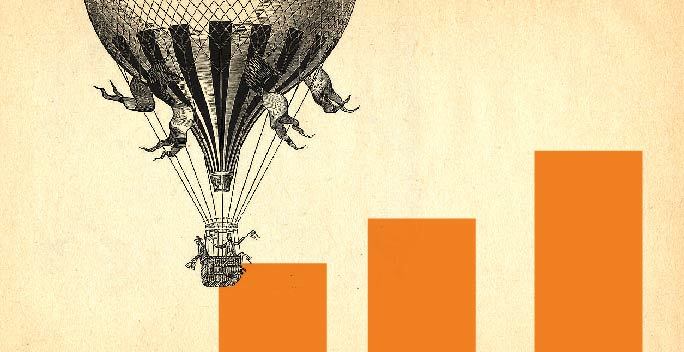
Imagine that you work for a company that makes a popular mobile music application.
As a UX designer, your job is to make the app easy to use. You use data from user research to design user flows which show how a user makes their way through the software. How do they get from signup the home screen? How do they create a new playlist? Where are users getting frustrated? These are questions the UI designer answers.
As a UI designer, your job is to design the visual aspects of the app based on data provided by the UI designer. You spend your time designing new sections of the app, improving existing sections and making sure the design is consistent throughout the app.
While UI design is considered a subset of UX design, in reality, they are two very different fields. However, it is common for these roles to crossover from time to time. For example, a UI designer might participate in user research or user flow design and a UI designer might be involved in the design process. I think this is what typically leads to the confusion between the two fields.
But for most software teams, UI and UX design will be separated out into two different roles. This gives the designers much more focus and ultimately leads to a more solid product.
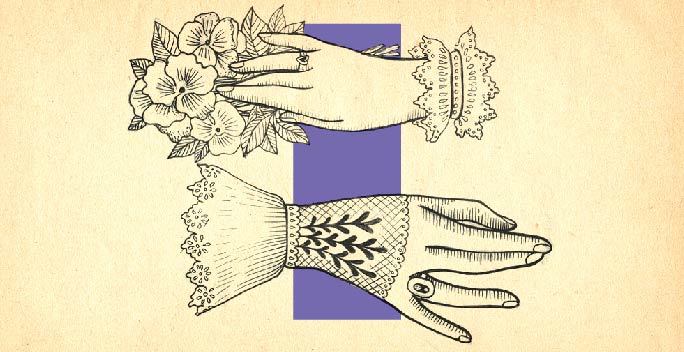
It may not seem like it, but UI designers are artists, just not in the traditional sense. While there’s a huge sense of creative freedom when designing user interfaces, there are also predictable design patterns that can be used to make your job easier.
So, whether you consider yourself more creative, or more analytical, breaking into the field of UI design could be a solid move.
UI design is also fun! There’s nothing like the sense of accomplishment that comes from solving interface problems. And when you get to see someone actually using your interface, well that’s just magical.
In addition to being fun, this field can be very challenging. Things can change quickly so it’s up to us designers to stay on top of trends. New platforms, patterns and software emerge often and great designers are well aware of this. They never shy away from experimenting with and designing for new technologies.
Being a UI designer is more than just pushing around pixels on the screen. It’s about embracing the design process. It’s about trying something, testing it and iterating until you’ve found the best possible solution to the problem. Like anything worth doing, this can sometimes be tough and a bit frustrating, but that’s how you learn.
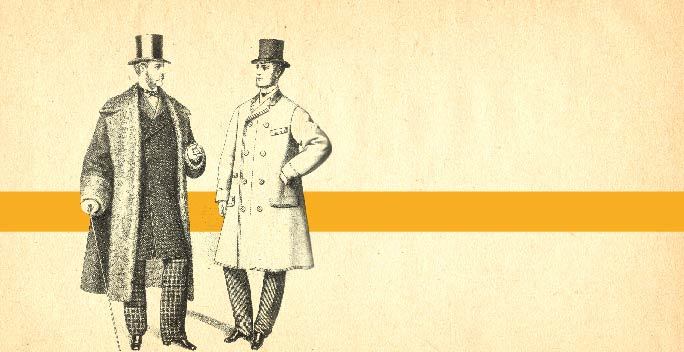
UI designers are an integral part of any software team. The work closely with UX (user experience) designers, programmers, and product managers to ensure that the software is as functional and beautiful as possible. This team aspect is honestly one of my favorite parts of being a UI designer. Every day you have the opportunity to learn from others, which inevitably makes you a much stronger designer.
When making the decision to join a team, you should always ask yourself “can I learn from these people?” If the question is no, keep looking. It may sound strange, but you should always strive to be the dumbest person in the room, because this means you’re surrounded by people you can learn from. This is how you grow. This is how you go from good to great.
When working closely with others, bonds are formed. Some of the greatest friendships I’ve had came from working with others to achieve a goal. I’ve also learned some of my most valuable lessons from these people.
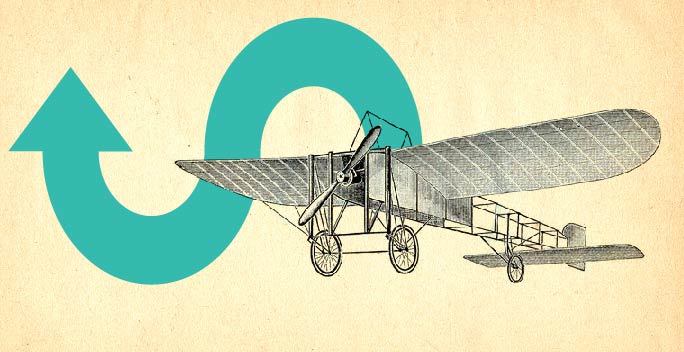
A huge perk of being a UI designer is that you can work from anywhere. As I write this I’m sitting in a quaint little coffee shop in Budapest, Hungary. Using modern communication tools, you can make it as if you’re in the same room with your colleagues, even if you’re half-way across the world.
In fact, there are entire companies that are ran 100% remotely. That means no central office whatsoever! Check out Buffer and Zapier for great examples of extremely functional remote companies.
And this remote mentality isn’t going anywhere. The amount of people working from home is expected to hit 63 million this year, an increase of ~43% over a few years ago. Remote working might still a fairly new phenomenon, but it’s growing fast, which is great news for aspiring UI designers.
Remote teams definitely enjoy some huge benefits. But, of course, there are also some challenges. Timezones are a big one, but they can actually be used to your advantage. It might be 3 PM here in Budapest, but it’s 6 AM in San Francisco. This means I get to enjoy hours of uninterrupted productivity before my colleagues in SF have even had their morning coffee. It might also mean I have to work a bit late on occasion to get some crossover in, but that’s more than a fair trade off!
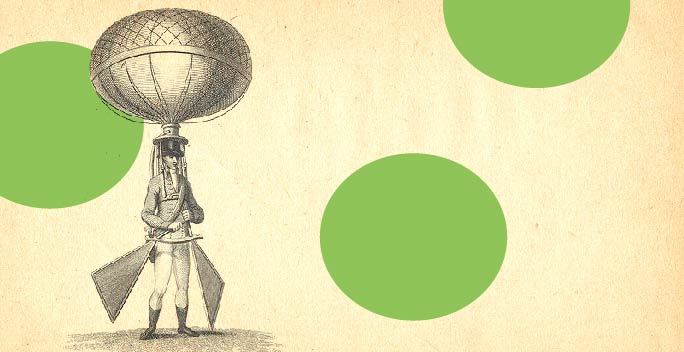
At this point you’re probably pumped about learning UI design. High salaries, creativity, fun, remote work - that all sounds amazing! But where the heck do you start? Well, there are actually a lot of ways you can begin your journey to be a UI designer.
Online Tutorials
There are tons of tutorials online that can be great resources for learning how to design UI. Be careful though because a lot of these can be outdated. And because the learning is self-guided, it can be tough knowing what you should learn and when.
YouTube Videos
I’m a huge fan of using YouTube videos as a learning mechanism. There are tons of tutorial videos there that are just a search away. However, like learning with online tutorials, it can be tough knowing where to start and how to make sure you’re gaining a well rounded understanding of design.
College Degree
You can always take the classic educational route and do a course at a university or technical school. What I really like about this route is that it can provide a really well rounded education. What I don’t like is that it usually costs an arm and a leg. I also don’t like that you sometimes have to spend time on general education courses, rather than just focusing on UI design.
Online Courses
I really like online courses because they offer a few things that self-guided teaching doesn’t. Firstly, you’re learning from a curriculum so it’s a lot more focused and well-rounded. Secondly, many courses, like the one at CareerFoundry, provide you with a mentor who is there to answer your questions and guide you through the course. This makes a huge difference and was the biggest thing I felt like I was missing when I started learning UI design 10 years ago.
These courses are often much cheaper and flexible than taking a classic college course which, for some of us can mean the difference between being possible or not.

The UI design field is growing rapidly and is a solid bet for those of us looking to make a new career move. Hopefully, after reading this you’ve got a better understanding of what this field is all about and why you should take the journey to becoming a UI designer.
If you’d like to take the next step in your education, we can help with that! CareerFoundry's UI Design Course will teach you everything you need to know and make you job ready in 6 months.
Thanks for reading!
Don't forget to read CareerFoundry reviews on Course Report!

Eric Bieller is a practicing UI designer and alongside his wife has given up a regular paycheck to become a digital nomad, swapping their permanent home to travel the world. Eric curated the UI Design Course with CareerFoundry after ten years working and teaching in the field. .










Sign up for our newsletter and receive our free guide to paying for a bootcamp.
Just tell us who you are and what you’re searching for, we’ll handle the rest.
Match Me